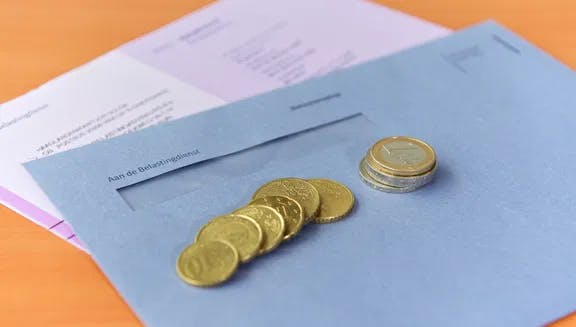
Register and start your business
Are you legally entitled to start a business?
Those starting their own business should first determine if they’re legally entitled to do so in the Netherlands. If you are a national of one of the EU member states or the EEA (European Economic Area) or a Swiss citizen, then you're free to live in the Netherlands and work on a self-employed basis. Although not legally required to register with the IND (Immigration and Naturalisation Service), it's advised to do so in case documentation is requested, for example by an insurance company.
If you are not a Dutch national or EU citizen and you do not have permanent residency in the Netherlands, then you should check carefully with the IND (or an immigration lawyer) concerning your individual situation and residency rights. Highly skilled migrants may be able to establish a private company with their existing residence permit provided certain conditions are met, however EU Blue Card holders cannot start a business. There are additional options, such as the scheme for startups, which affords a one-year residence permit to ambitious entrepreneurs from outside the EU looking to launch an innovative new business in the Netherlands.
The first steps in setting up your company
Before registering your company with the Netherlands Chamber of Commerce (KVK), the business name and legal form of company must be decided. Your business or trade name must be clear, unique, appropriate, and only advertise the services actually provided. You can check existing trademarks with the Benelux Office for Intellectual Property.
The legal form of the company refers to how the company will be structured. This depends on whether the business is operated by one or several owners, whether there will be financial partners, employees, and so on. The legal forms include:
- General partnership or Vennootschap Onder Firma (VOF): A general partnership is a business structure with one or more partners.
- Limited partnership or Commanditaire Vennootschap (CV): This is a business structure with one or more general partners and one or more limited partners.
- Professional partnership or maatschap: This partnership differs from the general partnership and the limited partnership in that it is a form of cooperation established by professionals.
- Private company with limited liability or Besloten Vennootschap (BV): A BV is classed as a legal entity, thereby limiting the risks to the owner(s).
- One-man business, also known as a sole trader or eenmanszaak: In a one-man business, there is one fully independent founder and owner, although the business may employ personnel.
Learn more about the legal forms of companies and how they can impact the company you are launching in the Netherlands.
Register your company
Registration with the KVK is compulsory for every business. These days, many official matters can be handled remotely online or via post. Should you need to attend in person, you can schedule an appointment online.
Depending on the legal form of your proposed company, you will need to fill in the required registration form(s). The good news is that most forms are available in English – although you may need to add some Dutch translations if prompted. It’s also good to keep in mind that the legal structure of your company determines who is authorised to sign forms on its behalf. You will also be required to pay a small, one-time fee to the KVK to complete your registration. Upon completion, your company will be recorded in the Dutch Commercial Register and you will be given an eight-digit KVK number as proof of registration. Details of the registration will also be passed to the Dutch Tax and Customs Administration (Belastingdienst).
Related articles

Step-by-step guide to setting up a business

Taxes, banking and insurance

Subsidies and tax incentives for businesses

Visas and permits for employees

An introduction to Dutch labour law

Finding office space

How to find employees

Amsterdam Life Sciences District

Amsterdam, Amstelveen, Ouder-Amstel & Diemen
